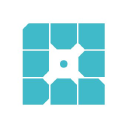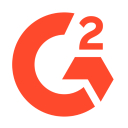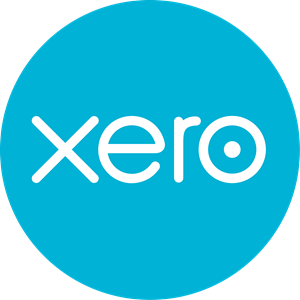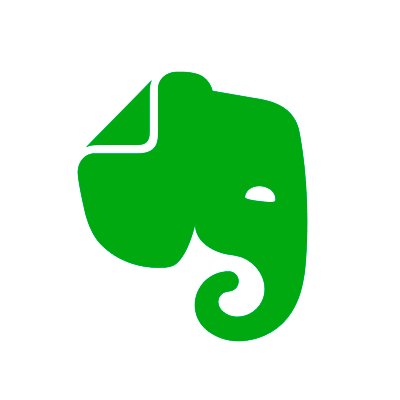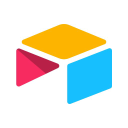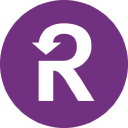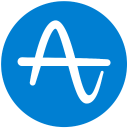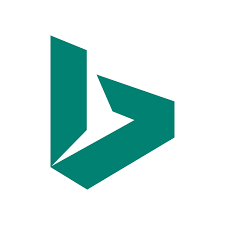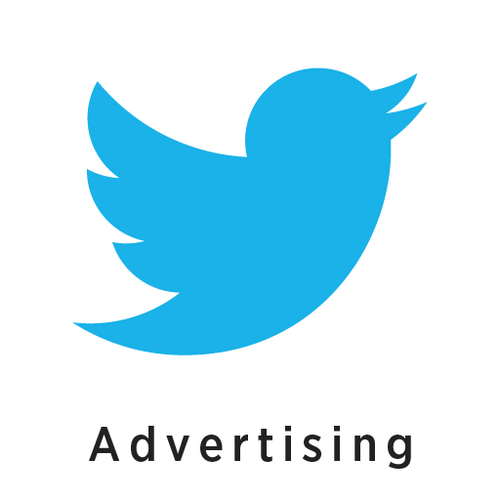How We Built A Resource Scheduling App to $2.1M ARR
Hello! Who are you and what business did you start?
Hi, I’m Andrew Rogoff, one of the founders of Resource Guru, an online team calendar. Our software is used by around 20,000 people in 88 countries around the world to help them manage their team’s time.
Our customers include Apple, NASA, Uber, Saatchi & Saatchi, Cisco and AT&T (as well as a whole load of smaller ones). They use Resource Guru to keep track of who’s working on what and how busy their employees are. This means they can manage workloads efficiently and ensure that no-one is either overworked or getting bored because they don’t have enough to do.

What's your backstory and how did you come up with the idea?
My cofounder, Percy, and I decided to build it while we were working in marketing agencies where we experienced the headaches of resource...




